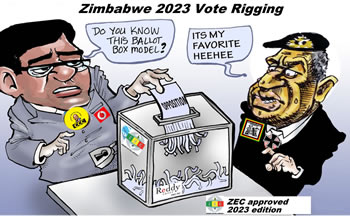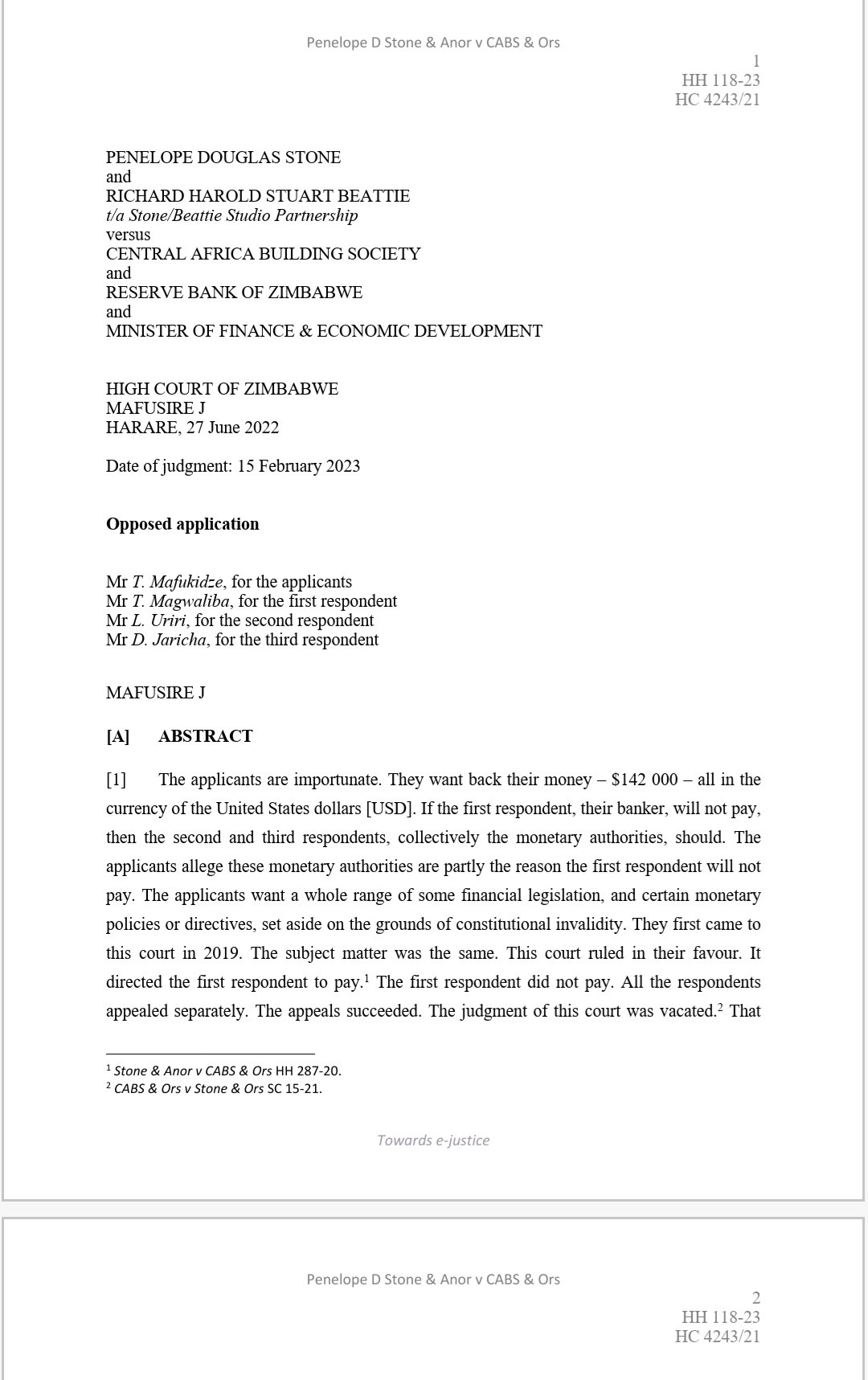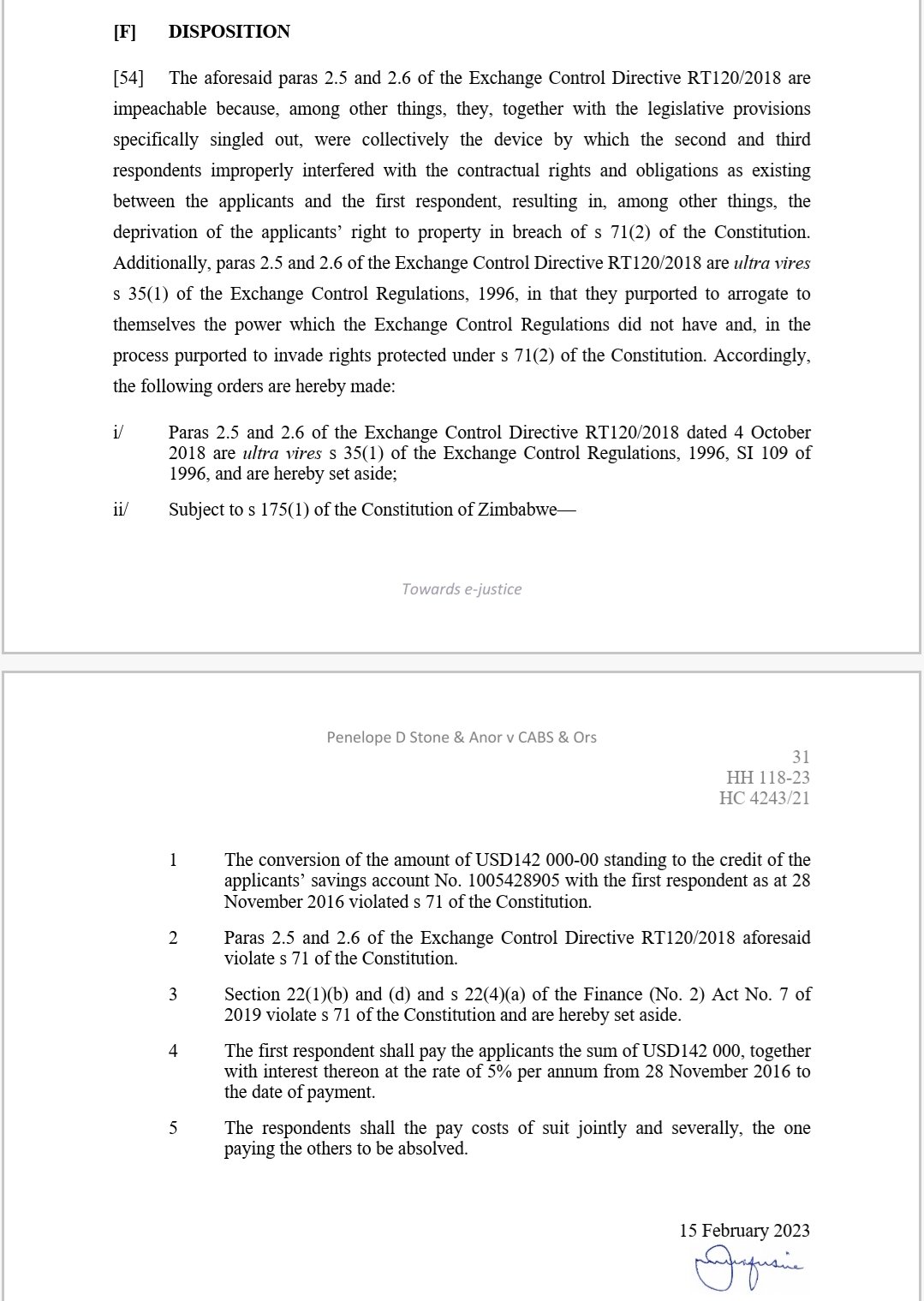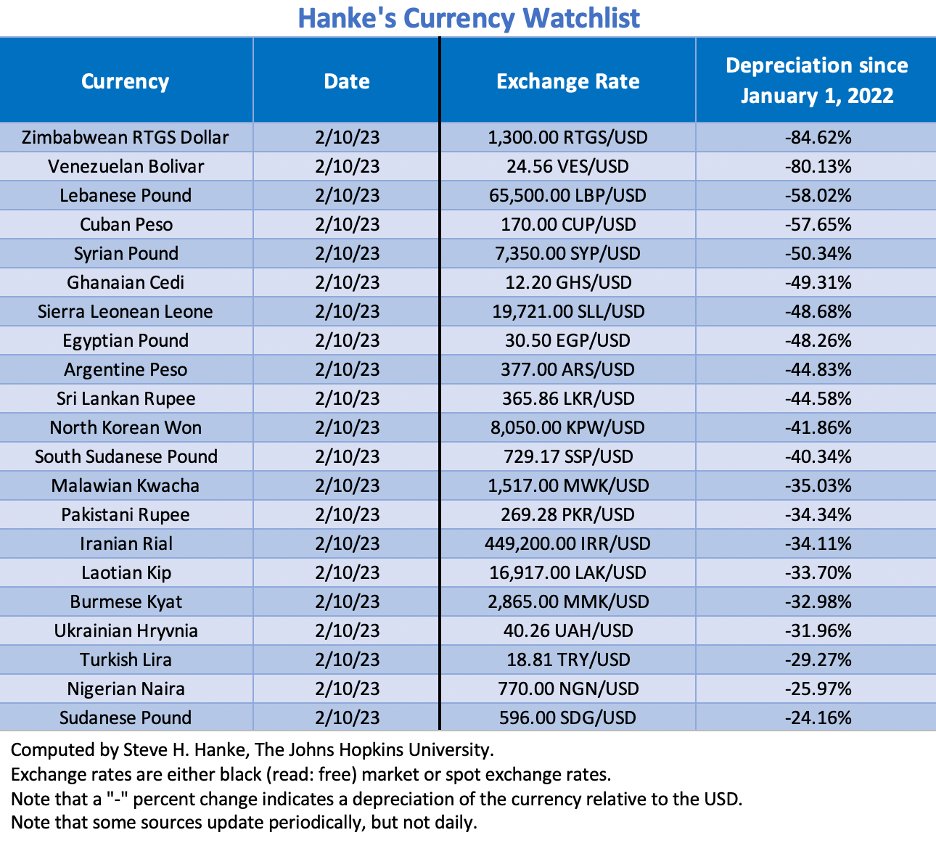- Details
- Written by: Dr Pedzisai Ruhanya of ZDI Trust Zimbabwe
- Hits: 1125

Introduction
The Zimbabwe Electoral Commission (ZEC) final delimitation report gazetted by President Mnangagwa on the 20th of February 2023 can best be understood as a ZANU PF scheme for maintaining a two-thirds majority in Parliament.
Three observations in the ZEC’s final delimitation report corroborate this argument.
First is that, ZEC deliberately applies 2007/8 total seats per province as its basis in coming up with the 2023 framework for allocating constituencies and sticks to its erroneous application of section 161(6). There is no justifiable reason for adopting this framework other than the desire to avoid loss of constituencies from ZANU PF stronghold provinces needed to secure a two-thirds majority in Parliament.
Second is that, ZEC disregarded adult population dynamics per province presented in the 2022 census when it allocated constituencies per province. If it was used, 7 seats were going to be transferred from ZANU PF stronghold provinces to the opposition stronghold provinces.
Third is that, ZEC disregarded registered voter proportions per province in the total national voter population in coming up with its constituency allocation framework. If they were used as basis for allocating constituencies per province, 3 constituencies were going to be transferred from ZANU PF stronghold provinces to opposition stronghold provinces.
The purpose of delimitation is to ensure proportional representation of the adult population per province in Parliament. The ZEC delimitation report defeats this purpose. ZEC states on page ix that delimitation seeks to ensure equality of voting strength determined by the number of “registered voters”.
However, an analysis of the total number of seats (constituencies) allocated per province shows that ZEC accepted this objective of delimitation but acted the opposite way through manipulation and gerrymandering. Source ZDI Trust Zimbabwe
Read more: ZEC Delimitation: A ZANU PF Two-Thirds Majority Scheme
- Details
- Written by: John Burke
- Hits: 1012
 Zimbabwe Opposition Eyes Election Victory Despite Fears of Rigging
Zimbabwe Opposition Eyes Election Victory Despite Fears of Rigging
Source: Bloomberg
# Chamisa says manipulation of results won’t be allowed to stand # CCC would reform currency regime, tackle graft, trim cabinet
Nelson Chamisa, the leader of Zimbabwe’s main opposition party, said he’s confident of an emphatic win in upcoming elections despite concerns of a possible repetition of the violence and irregularities that have plagued every vote since 2000.
The contest will likely take place in July or August, and Chamisa, 45, will be the presidential candidate for the Citizens Coalition for Change, or CCC, which was formed last year. He’ll present the biggest challenge to President Emmerson Mnangagwa, 80, who leads the ruling Zimbabwe African National Union-Patriotic Front and is running for a second five-year term.
The elections come at a time when the southern African nation is mired in the latest in a series of economic crises. Its currency has lost 86% of its value over the past year and even more on the black market, the inflation rate stands at 230% and millions of its citizens have emigrated because they can’t make a living.
Still, Zanu-PF has retained power since independence in 1980 despite widespread public anger over bouts of hyperinflation and shortages of food and fuel, with Western nations alleging that it has stolen a series of elections over the past two decades. The ruling party has denied wrongdoing
“Mnangagwa is panicking,” Chamisa said in an interview last week. “The crocodile is feeling the boiling water, and we will continue to turn the heat on,” he said referring to the president’s nickname, which he got from his role in the country’s liberation struggle in the 1960s and 1970s.
- Details
- Written by: Thanks to Dr Pedzisai Ruhanya and CCC Diaspora
- Hits: 1032
 Access the full Delimitation Report: ZDI Analysis here. Thanks to ZDI and Dr Pedzsai Ruhanya.
Access the full Delimitation Report: ZDI Analysis here. Thanks to ZDI and Dr Pedzsai Ruhanya.
The Preliminary Delimitation Report done by the Zimbabwe Electoral Commission (ZEC) and the attendant politics have highlighted three key issues peculiar to competitive authoritarian regimes that need to be identified and resolved ahead of 2023.
First is the capture of the electoral system by the ruling elite to influence the electoral outcome through gerrymandering, calculated to disorient the main opposition and benefit the ruling party. These include collapsing of constituencies with more registered voters to beef-up constituencies with less registered voters, multiplying constituencies with ZANU PF majorities in Harare to list a few. This paper gives an analysis of the ZEC preliminary delimitation report to underline evidence of this.
Second is ZEC’s incompetence shown by failure to follow constitutional provisions, failure to follow simple arithmetic calculations to determine constituency and ward delimitation and lack of consultation of key stakeholders.
Third is the elite discohesion within ZANU PF which is identified as a precursor for a possible authoritarian breakdown.
This is shown through a sudden discohesion within ZEC and between ZEC and key allies of Mnangagwa affected by the preliminary delimitation. Fundamentally, the botched delimitation report speaks to infighting within the ruling party elites. It is a continuation of the post-coup and post-2022 ZANU PF congress - the unresolved ZANU PF leadership question post-Mugabe. Our viewis that, the delimitation report generally and overall benefits ZANU PF as a political party but disadvantages one faction in the power matrix and configuration of the securocratic state. Source: https://zditrust.org.zw
The issues surrounding the ZEC report, and the accompanying breach of the Constitution by ED Mnangagwa are many-fold. But the net result is election manipulation and rigging of the wards and where citizens are 'permitted' to vote - and it would appear that will not necessarily be where they are living! Thus confusion on voting day. Source ZDI Zimbabwe
As Tweeted on the 18th February 2023 by Jonathan Moyo - the ZEC and Zabu PF CANNOT be trusted to "run free,fair and credible elections!"
Indeed the very purpose of the Zanu PF Authoritarian Regime, masquerading as a democracy, whilst at the same time holding Job Sikhala in prison/detention for 251 days so far - as the Interim Vice President to of CCC - this is clearly intimidation of a credible opposition.
- Details
- Written by: John Burke
- Hits: 1052
In a legal case brought about by Penelope Douglass Stone and Richard Harold Stuart Beattie regarding $142,000 converted by their bank into {worthless} Zimbabwe Dollars at the rate of 1:1
The High Court of Zimbabwe on 15th February 2023 ruled that laws used to convert US$ balances into Zimbabwean dollars were unconstitutional to the extent that they violated property rights. Further, it ordered Respondents to pay the money to Applicants in US$ [USD] not Zim$.
Source: Shava Law Chambers @shava_law https://twitter.com/shava_law/status/1626542727881015298?s=20
 |
 |

In a legal case brought about by Penelope Douglass Stone and Richard Harold Stuart Beattie regarding $142,000 converted by their bank into {worthless} Zimbabwe Dollars at the rate of 1:1
current rate 1300:1!! See Prof Steve Hanke data on depreciating currencies - with the Zimbabwe Dollar being the World's worst performer.
It remains to be seen if the highly politised Judiciary in Zimbabwe will honour this case and return USD to the victims of this State Sponsored Crime! Unfortunately this is a huge case and involves the entire population
- Details
- Written by: Diaspora Friend and full article by Ignatius Banda
- Hits: 1260
An IPS article appeared in Africa.Com on 13th February 2023 clearly raising international concerns over proven intimidation as Zimbabwe heads into another Election later this year. The ruling party {A military Junta} has a long history of ensuring that they "win" these apparent democratic elections - however for the last 43 years the evidence is overwhelmingly clear that rigging of the votes, violence and intimidation seems to be the main election strategy of Zanu PF and its so called president - Emmerson Dambudzo Mnangagwa his {false and propaganderised} profile is uploaded to Wiki by the Zanu PF regime - Read it Here Not sure if any of it is true, down to his date of birth!
In addition in the United Kingdom, their Home Office has an 'agressive' attitude towards valid Asylum seekers, fleeing the Zanu PF regime and its 'tentacles' in the diaspora. The Home Office claims that CCC { the primary opposition} can "freely" campaign in Zimbabwe. The article below and many, many before it clearly demonstrate that is DISINFORMATION. Shame on the UK Government for such a lack of empathy, and deliberate ignorance of the true state of affairs in Zimbabwe.
The article has been reproduced below and many thanks to www.africa.com and the author.
By Ignatius Banda
 With political violence escalating in Zimbabwe, national elections slated for later this year face questions about whether the polls will meet free and fair international benchmarks. Zimbabwe’s elections have routinely met scrutiny largely because of what critics say is state-sponsored violence and the intimidation of opposition political parties. Recent weeks have seen violent attacks on opposition political supporters by suspected members of the ruling.
With political violence escalating in Zimbabwe, national elections slated for later this year face questions about whether the polls will meet free and fair international benchmarks. Zimbabwe’s elections have routinely met scrutiny largely because of what critics say is state-sponsored violence and the intimidation of opposition political parties. Recent weeks have seen violent attacks on opposition political supporters by suspected members of the ruling.
Zimbabwe African People’s Union-Patriotic Front (ZANU-PF) despite regular calls by President Emmerson Mnangagwa for peaceful political engagement among rival party supporters. The main opposition, the Citizens Coalition for Change (CCC), says its supporters have been brutalized by ruling party activists, with analysts noting that political violence is compromising the country’s stated commitment to holding free and fair elections.
In the aftermath of political violence recorded on a widely shared video last month where opposition party supporters were attacked, the Zimbabwe Catholic Bishops Conference (ZCBC) issued a statement raising concerns about the implications of such attacks on the credibility of the polls.
“As the nation heads towards the harmonized elections, we urge all political players to desist from the use of violence. The people’s fundamental rights should be respected at all times. There is no citizen who should be intimidated or coerced, and worse still, be beaten to make a choice,” the Catholic bishops said in a statement last month.
- Details
- Written by: Thanks to Dr Pedzisai Ruhanya
- Hits: 1092
Identity, procedures and performance: how authoritarian regimes legitimize their rule
Christian von Soest and Julia Grauvogel: GIGA German Institute of Global and Area Studies, Hamburg, Germany 2017 Full PDF here to Read in New Window
ABSTRACT Constructing convincing legitimacy claims is important for securing the stability of authoritarian regimes. However, extant research has struggled to systematically analyse how authoritarians substantiate their right to rule. We analyse a novel data set on authoritarian regimes’ claims to legitimacy that is based on leading country experts’ assessments of 98 states for the period 1991–2010. This analysis provides key new insights into the inner workings and legitimation strategies of current non-democratic regimes. Closed authoritarian regimes predominately rely on identity-based legitimacy claims (foundational myth, ideology and personalism). In contrast, elections fundamentally change how authoritarian rulers relate to society. In their legitimacy claims, electoral authoritarian regimes focus on their ‘adequate’ procedures, thereby mimicking democracies. All regimes also stress their purported success in proving material welfare and security to their citizens
The current research on authoritarianism has provided fundamental insights into the inner workings of non-democratic polities (for recent overviews see Art, 2012; Köllner & Kailitz, 2013; Pepinsky, 2014). However, even the growing body of research that differentiates between authoritarian subtypes focuses disproportionally on institutional features but largely ignores these regimes’ different legitimation patterns (for an exception see Kailitz, 2013), despite the fact that ‘even very coercive regimes cannot survive without some support’ (Geddes, 1999b, p. 125). Only recently have studies examined authoritarian regimes’ different legitimation strategies (Burnell, 2006; Kailitz, 2013). Moreover, research on authoritarian regimes has tended to rely on general assumptions about autocrats’ different claims to legitimacy that are insufficiently backed by systematic analyses. Since the dissolution of the Soviet Union, scholars have asserted that current-day authoritarian regimes have faced a fundamental ‘crisis of ideology’ (Linz, 2000, pp. 36–37), which, however, does not uniformly apply to all authoritarian regimes (see for example Holbig, 2013).
Likewise, the claim that autocracies ‘lack the procedures which link political decisions to citizens’ preferences’ and are thus ‘structurally disadvantaged’ to claim procedure-based legitimacy (Croissant & Wurster, 2013, p. 7) could be oversimplified, particularly with respect to electoral authoritarian regimes (Schedler, 2006). In order to address these gaps and to systematically study authoritarian legitimation strategies, we focus on regimes’ claims to legitimacy as a domestic means – vis-à-vis the ruling elite, the general population and the opposition – of securing authoritarian rule.
Six claims to legitimacy: Types of claims
Identity-based:
- Foundational myth
- Ideology
- Personalism
- Procedures
- Performance
- International engagement
